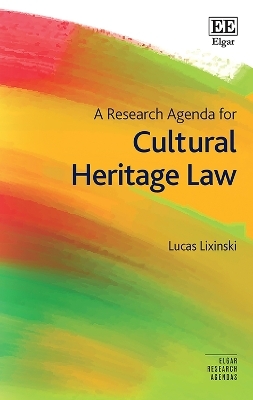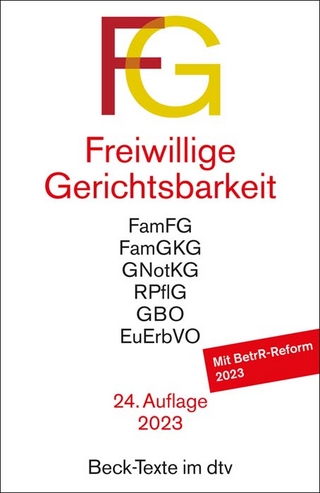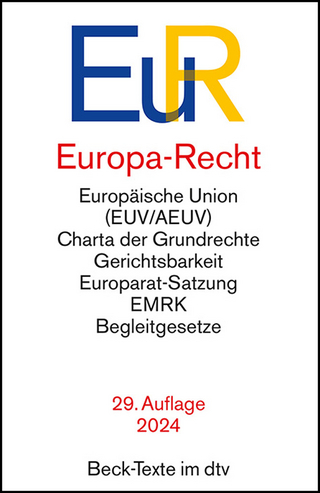
A Research Agenda for Cultural Heritage Law
Edward Elgar Publishing Ltd (Verlag)
978-1-0353-2441-5 (ISBN)
- Noch nicht erschienen (ca. August 2024)
- Versandkostenfrei innerhalb Deutschlands
- Auch auf Rechnung
- Verfügbarkeit in der Filiale vor Ort prüfen
- Artikel merken
This Research Agenda recasts cultural heritage law, emphasising the importance of developing rigorous and socially engaged scholarly research in the field. It analyses tensions and methodologies, using the return of colonial cultural objects as a key case study.
Building on empirical insights as well as current legal scholarship, this book challenges assumptions about the role of cultural heritage law. Dissecting binaries such as international versus national, public versus private, and tangible versus intangible, Lucas Lixinski questions the foundations of the field before examining it through different theoretical lenses such as historicisation and pragmatism. He engages with broader concerns in the legal discipline including human rights and the interests of local communities, and considers arguments in favour of and against cultural restitution. Ultimately, Lixinski argues that critical heritage law research must focus on interculturality and redistribution, and inspires the reader to leverage these ideas and tools for social justice.
Engaging and innovative, this book is a valuable resource for PhD researchers looking to take their studies beyond the status quo. Its novel reflections will also engage established academics in cultural heritage and art law, intellectual property law, public international law and critical heritage studies.
Lucas Lixinski, Professor, Faculty of Law & Justice, UNSW Sydney, Australia
Contents
1 Introduction: designing a research agenda for
cultural heritage law
PART I WHAT: HERITAGE LAW’S UNHELPFUL BINARIES
Introduction to Part I
2 National v international
3 Property v heritage
4 Tangible v intangible
5 Public v private
PART II HOW: HERITAGE LAW’S METHODS
Introduction to Part II
6 Doctrinal heritage law: legal stability and principle
7 Historicising heritage law: law of the past, in the
present, and for the future
8 Critical traditions and heritage law: power,
identity, and the risk of lack of commitment to
a normative outcome
9 Pragmatism in heritage law: finding a solution for
the case at hand
PART III WHY: HERITAGE LAW’S GOALS AND
EMERGING CHALLENGES IN THE FIELD
Introduction to Part III
10 To strengthen the operation of the field: cultural
heritage law and disasters
11 To reassess the foundations of the field: human
rights and communities
12 To theorise the field and its normative
commitments: interculturality and cultural heritage law
13 To make the field serve the world: cultural
heritage law and redistribution
14 Instead of conclusions
| Erscheint lt. Verlag | 28.8.2024 |
|---|---|
| Reihe/Serie | Elgar Research Agendas |
| Verlagsort | Cheltenham |
| Sprache | englisch |
| Maße | 156 x 234 mm |
| Themenwelt | Recht / Steuern ► EU / Internationales Recht |
| Sozialwissenschaften | |
| ISBN-10 | 1-0353-2441-5 / 1035324415 |
| ISBN-13 | 978-1-0353-2441-5 / 9781035324415 |
| Zustand | Neuware |
| Haben Sie eine Frage zum Produkt? |
aus dem Bereich


